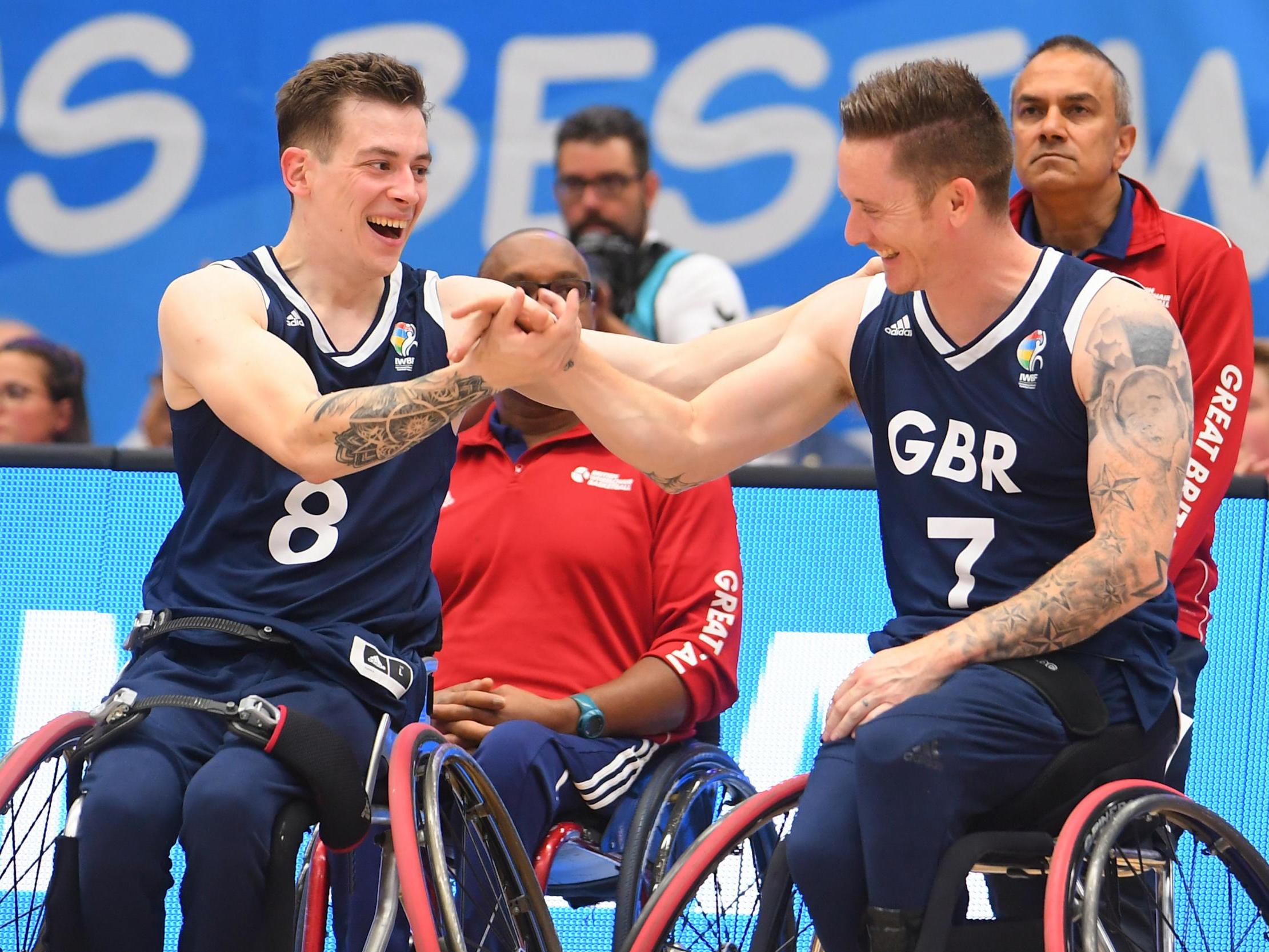Team GB Paralympian considering amputation after being ruled ineligible to compete at Tokyo Games
George Bates has been told this week he is no longer eligible for selection at Tokyo 2020 despite representing Team GB for the last three years

Your support helps us to tell the story
From reproductive rights to climate change to Big Tech, The Independent is on the ground when the story is developing. Whether it's investigating the financials of Elon Musk's pro-Trump PAC or producing our latest documentary, 'The A Word', which shines a light on the American women fighting for reproductive rights, we know how important it is to parse out the facts from the messaging.
At such a critical moment in US history, we need reporters on the ground. Your donation allows us to keep sending journalists to speak to both sides of the story.
The Independent is trusted by Americans across the entire political spectrum. And unlike many other quality news outlets, we choose not to lock Americans out of our reporting and analysis with paywalls. We believe quality journalism should be available to everyone, paid for by those who can afford it.
Your support makes all the difference.A Team GB wheelchair basketball athlete is seriously considering amputation after being told by the International Paralympic Committee (IPC) that his disability does not meet their requirements to compete at the 2020 Paralympics, leading to an accusation of discrimination.
George Bates has been a part of the British wheelchair basketball team since 2019 and plays professionally in both Spain and Italy, but has been told that review of the sport’s eligibility regulations regarding impairment leaves him unable to compete at next year’s rearranged Tokyo Games.
Bates has suffered from Complex Regional Pain Syndrome (CRPS) since he was 11 years old, which has resulted in muscle wastage, restricted movement and a loss of power, and the 26-year-old lives in constant pain in his left left that means he cannot walk unaided.
The IPC announced at the start of the year that wheelchair basketball was at risk of being excluded from the Paralympics unless they reassessed a number of participants to ensure that they confirmed with the 10 eligible categories of disability, which has resulted in Bates being ruled ineligible.
But after being informed this week that he will not be allowed to participate at the Paralympics next year, Bates has said he is genuinely considering amputation in order to achieve his dream, having rejected the life-changing operation when he was 14.
He told The Telegraph: “I am fully registered as disabled in the UK. I use a crutch to get about. I am in constant pain in my left leg. I have not walked unaided for 15 years. I can’t play any able-bodied sport. I can’t ride a bike. This is the only sport I can do and I am at no advantage on the court.
“When I was 14, I had the option to get my leg amputated and chose not to. I decided to stick it out. Now I am thinking maybe I should have had it done. If I had, I would be eligible. What’s the rationale behind that?
“Amputation would be a serious consideration for me. I would be looking at that route and what options were available. I have given my whole life to the sport since I was 17. The only thing I have ever wanted to win is a Paralympic medal. I would have to amputate above the knee. I wouldn’t be able to wear a prosthetic below the knee because of the pain.”
Bates’s fury at the situation has led to him feeling a victim of discrimination, having essentially been told which disabilities do and do not qualify for the Paralympic Games. He has confirmed his intention to appeal the decision, and will also consider legal action if required.
“It’s madness,” he added. “The email I got acknowledged my disability but basically said it was not the right type of disability which, in my eyes, is quite discriminatory. You can’t define disability in 10 categories. You can’t have a 10-point tickbox. Disability is not black and white; there are thousands of disabilities and every case tends to be different.”

The IPC considers CRPS a health condition, but in 2015 confirmed that it is not an underlying health condition and as such does no fall within the 10 impairment classifications that it regulates at the Paralympics.
An IPC spokesperson said that while they were “sympathetic” with Bates’s situation, the athlete classification code “clearly states that Complex Regional Pain Syndrome is a health condition that does not lead to an eligible impairment” for Paralympic participation.
“We have been working with all International Federations to ensure they fully implement and abide by the rules of the code,” the spokesperson added.
Join our commenting forum
Join thought-provoking conversations, follow other Independent readers and see their replies
Comments